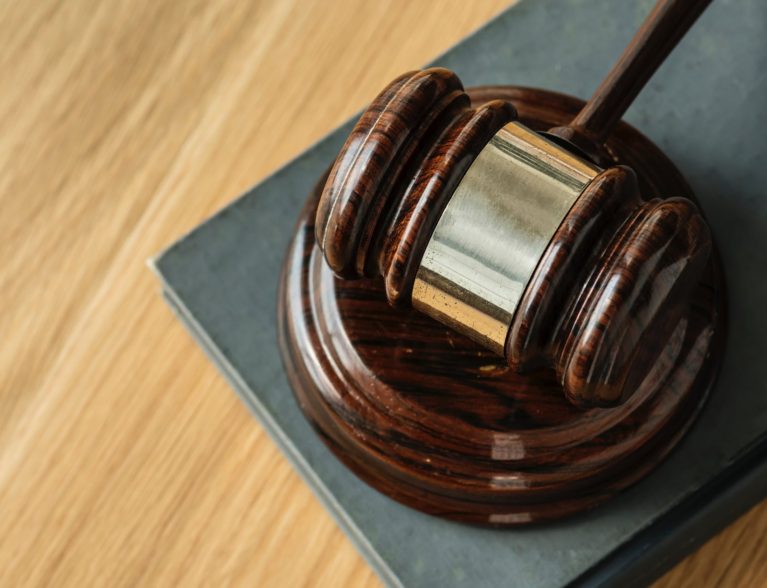
As of late August only about two dozen of the 160-plus men arrested in February during a prostitution sting involving three massage spas in Indian River County had accepted plea deals that could result in the solicitation charges against them being dropped.
“We’ve heard from some others,” Assistant State Attorney Steve Wilson said last week, “so we expect more to trickle in.”
Most of the defendants, however, are still mulling the prosecutors’ offer, waiting for an appeals court to rule on the secret surveillance videos recorded by local law enforcement agencies or planning to take their cases to trial.
Vero Beach defense attorneys Andy Metcalf and Bobby Guttridge – combined, they represent more than 50 of the men – said they weren’t sure how many of their clients will ultimately opt to enter the diversion program offered by prosecutors in early July.
Both lawyers, though, believe most of their clients would’ve taken the deal if it had been presented to them when they were arrested.
Under the terms of the diversion program, the accused men would have to sign a contract that requires them to pay more than $700 in fees, complete an online course on prostitution and human-tracking awareness, and undergo six months of probation-like supervision.
Defendants aren’t required to admit guilt, but they must enter a “no contest” plea that prosecutors will hold in abeyance until all the conditions of the deal are met.
If the men successfully complete the diversion program, the charges of soliciting prostitution will be dropped. However, if the men fail to satisfy any of the terms, prosecutors may use the pleas to convict them.
“It’s certainly painless enough,” Guttridge said. “You don’t admit to anything. Just fulfill the terms of the deal and they drop the case.”
But as Metcalf pointed out: “The prosecution’s case now is not nearly as strong as it was before the judges tossed the videos.”
In fact, the State Attorney’s Office didn’t offer the diversion program until judges in Indian River and Martin counties ruled in May that the surveillance videos recorded inside the spas showing men interacting with spa workers could not be used as evidence against the accused men in the pay-for-sex cases because detectives failed to minimize the invasion of privacy.
Those decisions severely damaged the state’s cases and prompted an immediate response from prosecutors, who are challenging the rulings of Indian River County Judges David Morgan and Nicole Menz, as well as that of Martin County Judge Kathleen Roberts, in Florida’s Fourth District Court of Appeal.
State Attorney Bruce Colton said prosecutors decided to offer the diversion program because they “knew the appeal could take several months” and that some defendants might want to resolve their cases sooner.
Wilson said the state’s appeal probably wouldn’t be heard until next year.
“It’s going to take a while to get through the process,” Guttridge said. “Then, depending on what the appeals court decides, that ruling could be appealed. Some people don’t want to go through all that. They want to put this behind them, get the record expunged and get their faces off those [news media] websites.”
Some of the men, though, have moved past the shock and embarrassment of their arrests, and they’re now angry about what they believe was an abuse of power by local law enforcement.
They want their day in court.
“Once these defendants realized how inappropriately the government acted in these cases, some of them decided to ride it out and see what happens,” Metcalf said. “They feel the police went above and beyond to publicly humiliate them, so why not wait for the appeals court to rule? What do they have to lose? They can still take the diversion deal later.
“Either way, there’s no wrong decision here.”



